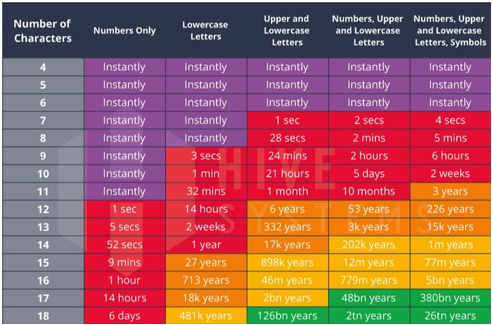Protecting Your Online Information
A big debate going on in the IT and business communities is whether or not the protection of personal information in the online world is something we should preserve. As users of the Internet, we often leave a trail of information about our online habits and preferences. These traces are found in files called “cookies” which are stored on our computers. Cookies store information such as which websites were visited, which advertisements were clicked, what items were purchased, etc. Whether this information should be kept private or shared with others (namely businesses) is the heart of the ongoing debate. Here are both sides of the debate in summary:
For Sharing: Online advertisers such as Google have long been advocates for sharing of this type personal information. Online advertisers have developed software that is very accurate in determining your personality based on a very simple set of activities. A website begins building a profile based on the Internet browser version you use, your computer IP address and other basic PC information. It builds on this profile when you enter common information on a website such as zip code, date of birth and sex. With this data, a relatively accurate profile can be built with your education level, income, marital status, whether or not you have kids and your shopping preferences. Additionally, when you make an online purchase the sites track the type of credit card used, amount spent and items purchased. This information can be cross checked from other databases to fill in your home telephone number and mailing address. From this information targeting popup advertising and emails are then sent to your computer. The argument is this information is readily available and companies are using it to make your shopping experience more seamless so get over it.
For Privacy: Many privacy advocates argue that companies have no right to this information without the end user’s explicit consent. Currently not much stands in the way of companies generating profiles on individuals including criminal records, bank account information and medical history. They argue this clearly crosses the line of what should be allowed to be in the hands of online advertising and marketing companies. Some companies are even internally at odds with each other on how to proceed. Microsoft recently disclosed that its IE browser division was moving forward with plans to increase the level of security which would protect the computer from external threats such as viruses and malware. These settings also protected certain information from being automatically shared to online vendors. The Microsoft Office division learned of this effort and overruled the IE group stating that the tighter setting would prevent future versions of online Office to be fully functional without the end user making changes to the browser settings.
At Network 1 Consulting, we advise our clients to err on the side of privacy. Many of our clients ask us to “lock down” certain settings and user activities that would expose the company’s network to inadvertent sharing of information. As the IT Support provider, we make these recommendations regularly. Our managed firewall plan provides the latest protection against online threats. That, coupled with managed spam filter plan allows our clients to have the latest in threat protection and prevent unwanted leaks of information.






